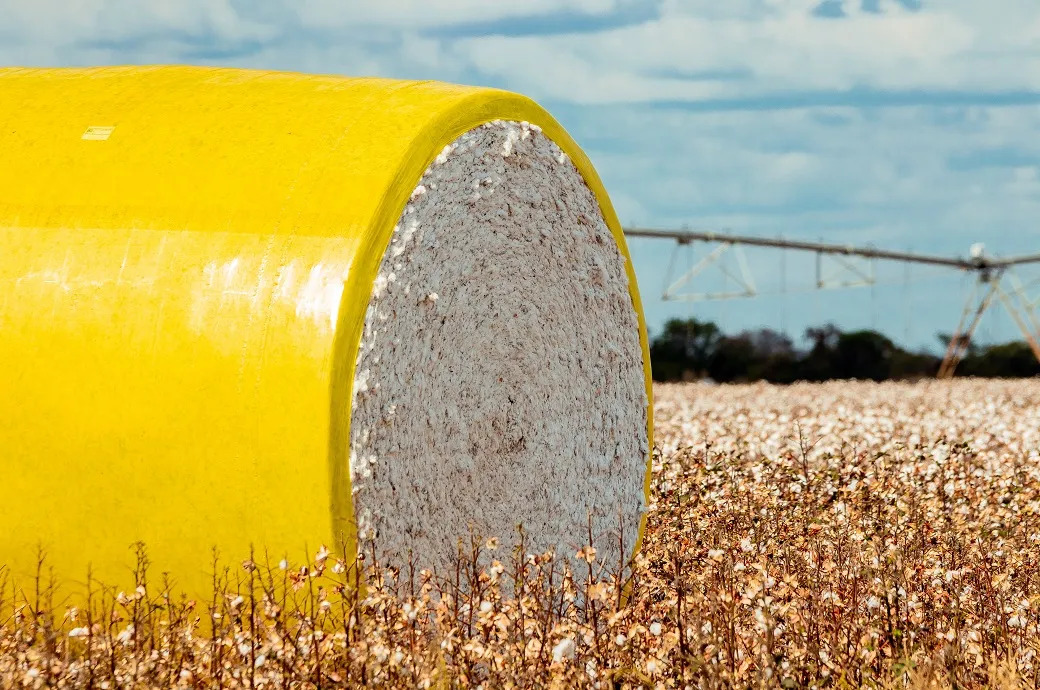
The future of India’s textile and textile machinery sector is poised for exponential growth, driven by strategic international collaborations, notably the UK-India Free Trade Agreement (FTA) and the Singapore Comprehensive Economic Cooperation Agreement (CECA). This was the consensus at a high-profile networking event hosted by the India ITME Society in Singapore on October 29, 2025.
The event, "Fabricating the Future of Textile Industry—From Heritage to High-Tech," took place on the sidelines of the ITMA ASIA +CITME exhibition and gathered 183 delegates from over ten countries, including the USA, UK, China, Germany, and Singapore, signalling a strong global interest in the Indian market.
India: A promising hub for investment
Highlighting India’s immense potential, Rohit Kansal, Additional Secretary, Ministry of Textiles, Government of India, stated that India is already among the top global hubs for weaving and knitting machinery installations.
"India stands as the most promising global destination for textile machinery investment in the decade ahead," said Kansal. He emphasized the rapidly growing domestic market, with over 1.4 billion consumers, as a significant draw for global investment and collaboration.
The business program was part of a strategic push by the Indian textile and textile engineering industry to accelerate trade partnerships, technology sourcing, and manufacturing joint ventures, aiming for joint economic growth and mutual benefits.
UK-India FTA and a new global textile order
The recently concluded discussions surrounding the UK-India FTA garnered significant attention. Jason Kent, CEO of the British Textile Machinery Association (BTMA), described the alignment as a "once-in-a-generation opportunity."
"The UK-India FTA is about co-creating a new global textile order—one that is more balanced, more sustainable, and more forward-looking," Kent remarked. He envisions the FTA creating a platform where India’s manufacturing and digital talent meets the UK’s excellence in design, research, and sustainability.
Singapore-India ties and market resilience
High Commissioner of India to Singapore, Dr. Shilpak Ambule, observed Singapore's crucial role, noting it is India's 6th largest trade partner and the largest trade partner in ASEAN. Relations in the textile sector are strong, with India as a major garment supplier and Singapore serving as a hub for distribution, design, and retail.
The resilience of the Indian market was underscored by Ketan Sanghvi, Chairman of the India ITME Society, who pointed to a robust economy. He noted that the Indian consumer spend for the 2025 Diwali festival marked a 25% increase compared to 2024 figures.
Towards a $30 trillion economy
Representing the Indian textile sector, Hemant Sharma, President – Polyester, Reliance Industries Ltd., spoke on the industry's role as a driver of manufacturing growth, jobs, exports, and innovation.
"With strong policy support and the spirit of enterprise, the sector is set to consolidate its position as a global major—a truly responsible, resilient, and trusted sourcing hub for textiles, contributing to India’s journey toward a $30 trillion economy by the year 2047," Sharma affirmed.
The Indian delegation, led by Kansal, engaged in discussions with major institutional counterparts from across the globe, including the BTMA, the Taiwan Association of Machinery Industry (TAMI), the International Textile Manufacturers Federation (ITMF), and the Turkish Textile Machinery, Accessories Industrialists Association (TEMSAD).
The India ITME Society confirmed its commitment to continuing the dialogue and facilitating business at India ITME 2026, the most relevant textile engineering business event in S.E. Asia, scheduled to be held from December 4th to 9th, 2026, in Greater Noida, India.











